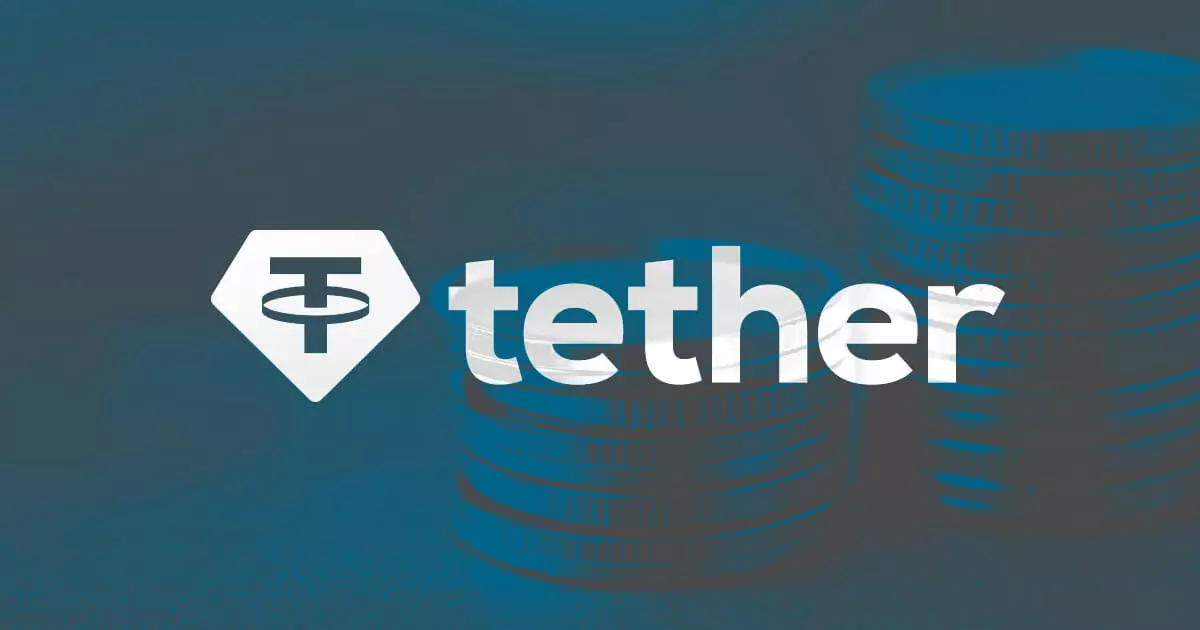In recent days, Paolo Ardoino, the CEO of Tether, found himself in the media spotlight following a report from the Wall Street Journal (WSJ) that suggested the firm was under investigation by federal prosecutors in Manhattan. Ardoino’s prompt rebuttal omitted the subtleties of speculation, decisively asserting, “WSJ is regurgitating old noise. Full stop.” His comment reflects a strong pushback against what he described as unfounded claims, underscoring Tether’s desire to maintain its reputation amid swirling rumors.
Tether’s public relations team also responded robustly, categorically denying the investigation claims. In a formal statement, the company criticized the WSJ for what it termed “irresponsible reporting,” emphasizing that these allegations were rooted in mere conjecture. They underlined that Tether had no awareness of any ongoing inquiries, attempting to discredit the WSJ’s portrayal as a sensationalist take devoid of factual basis.
Addressing Transparency and Compliance
Part of Tether’s defensive strategy revolves around its commitment to transparency and collaboration with law enforcement authorities. The firm has made considerable strides in establishing credibility within the cryptocurrency sector. Recent months have seen Tether publicly announce the formation of an External Investigations Unit, which includes individuals with extensive backgrounds in law enforcement, thereby strengthening its compliance and investigative capabilities.
This dedicated unit denotes Tether’s proactive approach to dealing with illicit activities, highlighting its credentials in the ongoing battle against fraud. The cryptocurrency space often grapples with the challenges of bad actors and scams, making Tether’s initiatives particularly relevant. According to their statements, the company has partnered with over 180 agencies across 45 jurisdictions to combat wrongdoing in the digital currency landscape.
Proactive Measures in Action
Tether’s assertions are not merely theoretical; they come with tangible evidence of the company’s efforts in safeguarding the integrity of the financial system. They reported having frozen over 1,850 wallets associated with criminal activities, recovering a staggering nearly $114 million and thwarting fraud attempts that could have resulted in $225 million losses before any legal intervention was required.
These figures paint a picture of a company deeply committed to adhering to regulations and acting responsibly within a market that can often appear chaotic. Ardoino’s insistence that Tether’s good faith efforts have gone unrecognized is a notable point of frustration for the firm as it navigates public perception amidst adverse press.
In an age where misinformation can easily spiral out of control, Tether’s vigorous defense against these allegations is crucial not just for its own stability, but also for fostering trust among its users and stakeholders. Criticism of media reporting, coupled with the robust measures Tether claims to have taken, suggests a firm that is not just reactive but proactive in shaping its narrative and ensuring compliance. As regulatory scrutiny of cryptocurrency firms intensifies, Tether’s commitment to law enforcement partnerships may be pivotal in determining its future trajectory in the volatile crypto market. Thus, Tether’s resolute position serves as a reminder of the ongoing dance between reputation management and regulatory oversight in the dynamic world of digital assets.


Leave a Reply